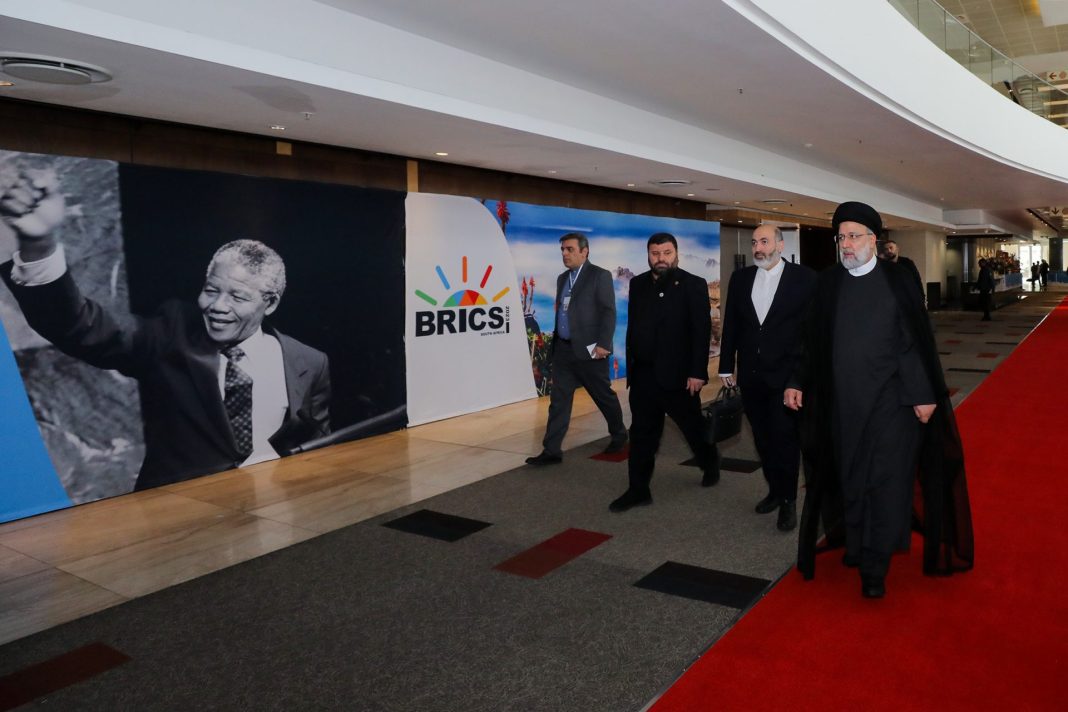“I believe this issue is more related to the administration rather than the government,” said Hassan Baheshtipour, in an interview with Entekhab news outlet.
“Raisi believed the trend of talks should not be linked to people’s livelihood. This was a misinterpretation. The market and economy would naturally react to the negotiations that were underway,” he explained.
“If the talks made progress, the reaction would be positive, and if there was a stalemate, the reactions would be negative,” the expert added.
“In all countries, the economy naturally reacts to foreign policy,” he noted.
“The Raisi administration gradually arrived at the conclusion that if positive news is published about the negotiations, it will have a positive impact on the market,” he said.
“Within the same framework, it seemed that part of the administration, especially the foreign ministry, tried to publish positive news. Accordingly, they announced Iran’s membership in the Shanghai Cooperation Organization (SCO) before it was finalized. The same was true about Iran’s BRICS membership, which was widely promoted,” said the expert.
“But without the sanctions being lifted, these memberships will not have that much of a positive impact on economy,” he added.
